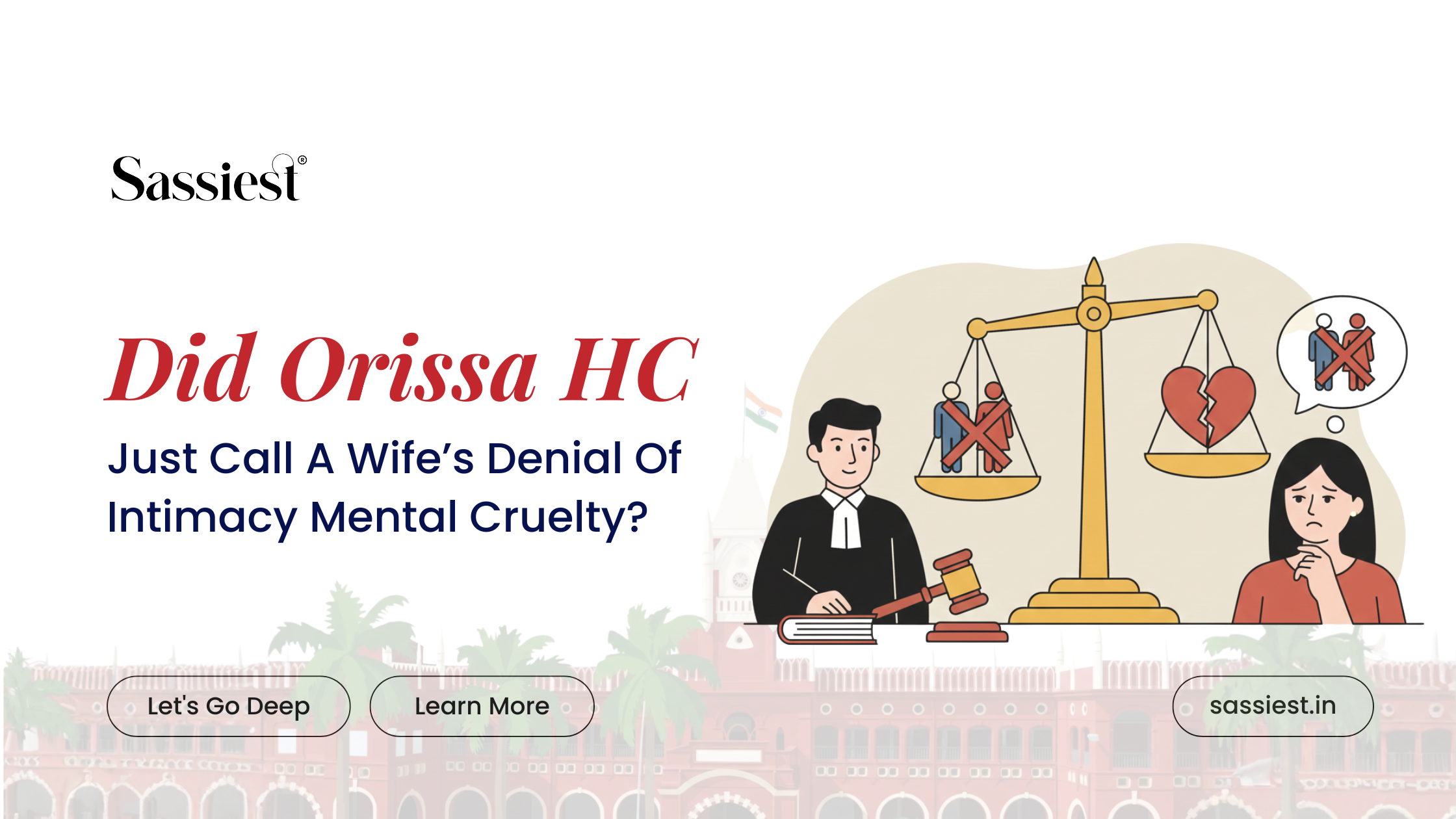For generations, conversations about women’s hormones have been hushed, oversimplified, or dismissed as “just mood swings.” But the truth is, hormones are the silent architects of our well-being. They shape how we sleep, feel, focus, age, and even connect with others. And when they fall out of balance, it’s not just a health issue, it’s a quality-of-life issue.
Actor and cancer survivor Lisa Ray recently opened up about her own journey with hormone replacement therapy (HRT), sharing a story that many women will quietly recognize. After chemotherapy and a stem cell transplant at 37, she entered menopause far earlier than most. For years, she accepted fatigue, dry skin, and mood swings as her new normal. Only later did she realize that her body wasn’t betraying her, it was simply missing what it once made naturally.
At 53, she began bio-identical hormone therapy. The change, she says, was transformative: “I finally feel grounded, vibrant, and fantastic.” But what stands out most in her story isn’t the treatment itself, it’s how long it took her to find clarity in a world where women’s hormonal health is often shrouded in confusion and stigma.
The hesitation around HRT has deep roots. For years, one flawed study linked hormone therapy to cancer, sending shockwaves through the medical community and women’s health conversations. The nuance, that the risk depends on the type of hormones, dosage, and timing, was largely lost. Many women stopped seeking help. Others were never told it was even an option. But research has since evolved, debunking many of those early fears and emphasizing that hormone therapy, when supervised and personalized, can be both safe and life-changing.
Lisa’s reflections also highlight a crucial truth: every woman’s hormonal landscape is unique. Whether you’re dealing with PMS, perimenopause, or menopause, no two experiences are alike. That’s why a one-size-fits-all solution doesn’t work.
So where do you begin if you suspect your hormones might be out of balance?
The first step is data, not guesswork. A simple blood test can give you a snapshot of your hormone levels, estrogen, progesterone, testosterone, thyroid, cortisol, and help your doctor see the full picture.
Next, find an OBGYN or endocrinologist who’s informed and empathetic. Someone who won’t dismiss your symptoms as “just stress” or “part of aging.” Hormones aren’t taboo, and seeking help doesn’t make you vain, dramatic, or “too sensitive.” It makes you self-aware.
Education, too, is its own kind of empowerment. Understanding how your hormones interact with your lifestyle, from sleep and nutrition to mental health, gives you agency. It’s how you move from feeling like a passenger in your body to being its co-pilot.
What Lisa Ray’s openness reminds us is that knowledge really is self-love. We shouldn’t have to normalize exhaustion, foggy thinking, or irritability just because we’ve been told it’s “part of being a woman.” The right to informed care, options, and a body that feels like home again isn’t a luxury. It’s basic healthcare.
Hormones will always fluctuate, that’s biology. But how we respond to those changes, and how openly we talk about them, is up to us. The more we replace shame with curiosity and silence with conversation, the more space we create for women to feel whole again.
Because balance isn’t just a hormone level. It’s the feeling of finally coming back to yourself.





